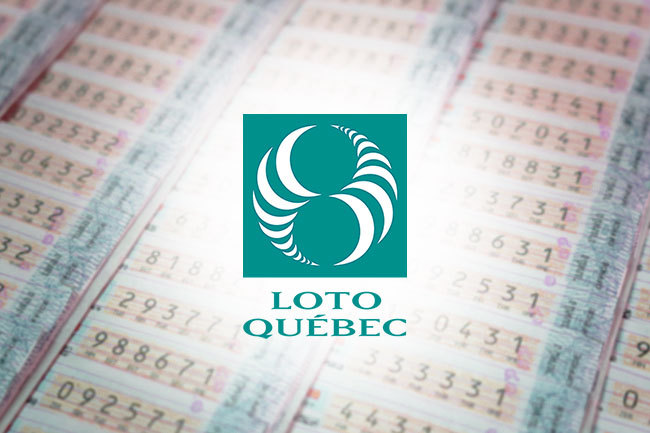Federal Court in Canada recently ruled that internet service providers would have to block websites associated with Gold TV, as the service does not have the right to sell subscription to a wide variety of channels. This is a precedent affecting domain-blocking in Canada, which could affect a wider scope of businesses, such as the local gaming scene. Loto-Quebec wanted to benefit from a similar domain block back in July 2018 but was unable to do so.

Justice Patrick Gleeson recently issued his official position on the controversial situation including Canadian internet service providers Bell Media, Groupe TVA, and Rogers Media. The local providers filed a joint complaint against Gold TV, claiming that the streaming service offers Canadians various channels without actually having the license to do so.
Domains Block Stirs the Pot

According to the ruling issued recently and for the first time ever in Canada, the providers now have 15 days in order to block the domains, subdomains, as well as IP addresses associated with the pirate online streaming service. The ban is about to affect a wide network of linked websites but it should also be taken into account that the cost of this procedure could swell.
The large internet service providers wanted to see fair conditions for development in a competitive field, but there was a single company siding with GoldTV. TekSavvy claimed earlier that additional work in blocking domains could grow progressively down the road with thousands of domains to be banned by the providers. The company further claimed that federal legislators have not worked on domain-banning language in the past.
The Copyright Act of Canada the Conservative Party introduced the Copyright Modernization Act, which was approved in June 2012. However, officials never included language for domain-blocking. Teksavvy reminded about a similar situation directly affecting Loto-Quebec back in July 2018. The provincial Crown corporation has always worked towards a safer gaming field and maintaining a fair online gaming field.
Espacejeux Offers Online Gaming
Last year saw the province of Quebec seek domain-banning in order to facilitate Espacejeux.com’s operation. Foreign website welcoming gamblers were interfering with the set revenue goals of Loto-Quebec’s online division, which called for the devising of Bill 74. It aimed to see the prohibition of foreign online gaming domains allowing only Espacejeux.com to offer online gaming.
Quebec’s Superior Court ruled the provisions included in the bill are unconstitutional and would not be taken into account. In a way, this was yet another attempt of the Crown corporation to maintain its monopoly over the provincial gaming field. The government made it clear that this is all in support of the players’ healthy relationship with online gaming.
The Supreme Court disclosed that Bill 74 sought censorship for improved financial benefits, instead of purely protecting players. Back then, concerns about online freedom were expressed, but the latest precedent in Canada’s history could have a lasting effect. Loto-Quebec and other Crown corporations might make a move and seek banning of foreign online gaming providers, citing problem gambling and public health as their arguments.



















